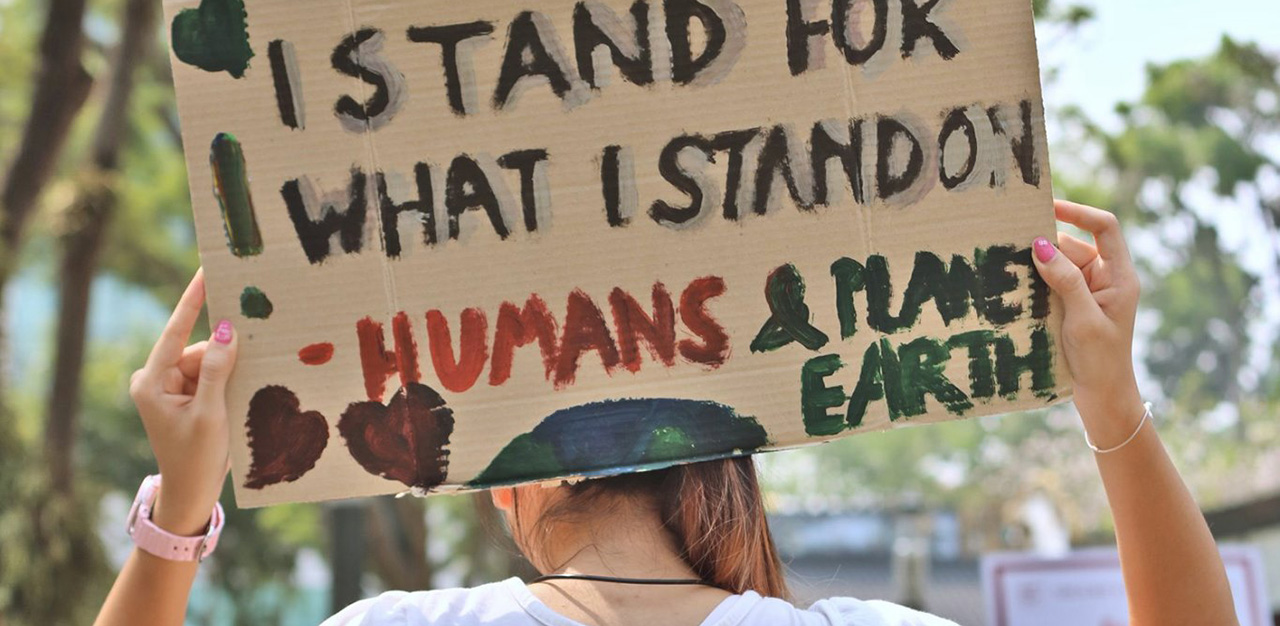To the leaders of Singapore,
So much has changed since World Environment Day was first celebrated in 1974. Climate change has entered mainstream discourse: Over 2,000 people attended our rally in 2019 demanding bolder climate action, the term ‘just transition’ was used in our Parliament for the first time this year, and climate movements around the world are rising up every day, saying ‘no’ to the elites who continue to exploit our planet and our labour.
But what is more sobering is that so little, too, has changed over the past 40 years. Fossil fuel companies continue to receive heavy subsidies, living beings (human and non-human) continue to lose their lives to adverse weather conditions, and we continue to hurtle towards a point of no return.
On this day of empowerment and solidarity, commemoration and mourning, we would like to ask four questions. Hopefully these will give you pause for thought.
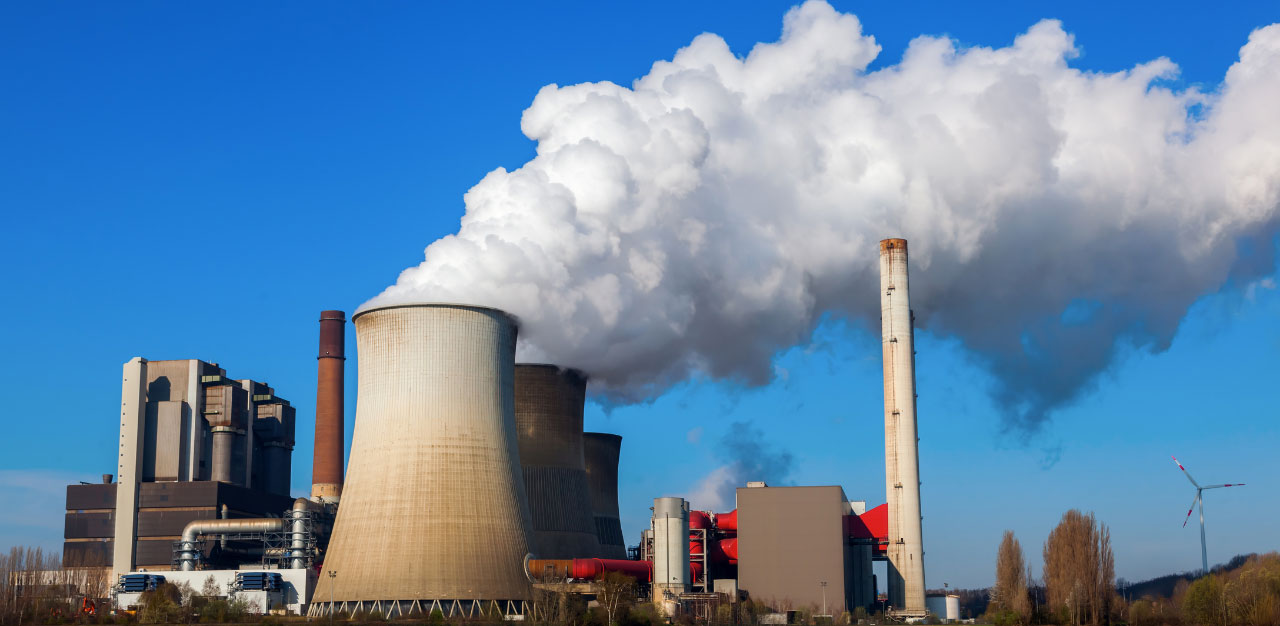
Will we see bolder climate action?
The discourse surrounding climate change has certainly shifted in the past few years. We’ve seen increasing recognition of its urgency. However, the policies announced in the Green Plan and the Budget a few months ago are nothing more than business-as-usual. Will these policies truly combat the crisis?
‘Emerging stronger’ should mean transitioning Singapore away from a fossil-fuel intensive economy. And it should mean supporting workers through such a transition. For example, the extension of the Job Support Scheme should be designed to help pollutive industries reduce their carbon emissions to zero, and to ensure that workers are adequately supported in the process.
We need to transition to a low-carbon economy. When will this happen? The biggest carbon emitters in Singapore continue to pay a pittance in taxes, compared to their profits. Additionally, the measures announced are still non-restorative and focused on tearing things down in order to build more. The S$60 million (US$45.3 million) for the Agri-Food Cluster Transformation Fund and the bonds for public sector projects, such as Tuas Nexus, reflect this destructive mindset. The Kranji Woodlands were precisely cleared for the purposes of developing the Agro-Food Innovation Hub: An ironic twist in our attempts to be more ‘green’.
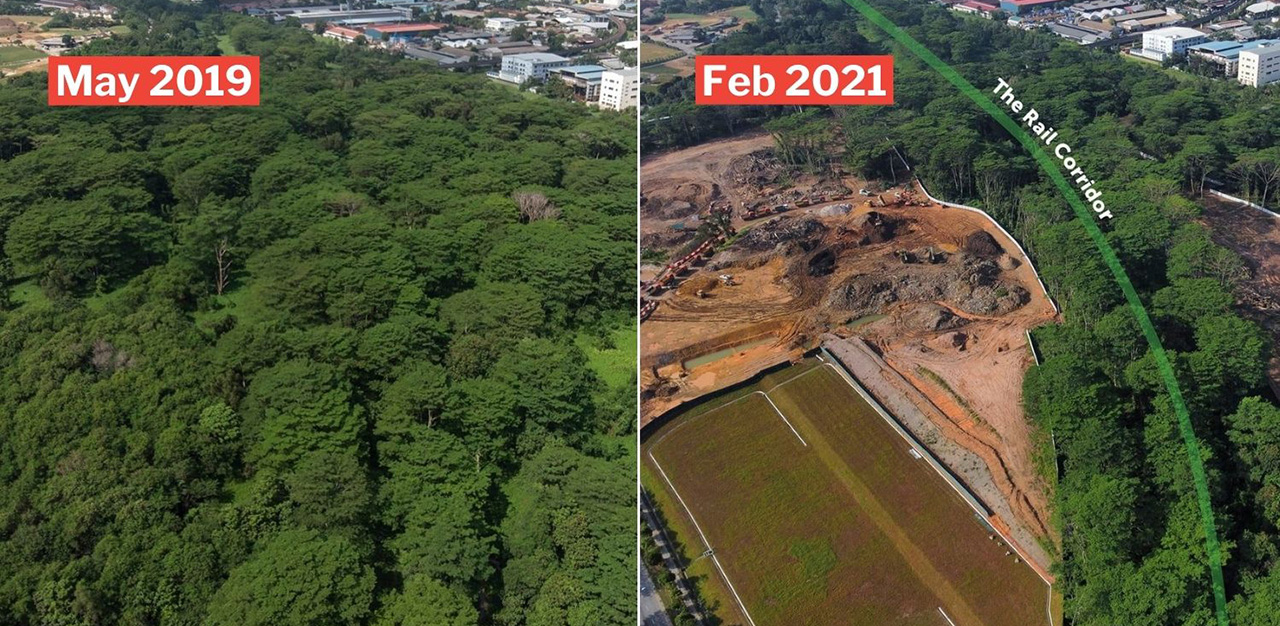
When will justice be a part of our plans to tackle the climate crisis?
Amidst the humanitarian and economic wreckage of Covid-19, many experts are calling for large-scale public spending to rapidly reduce and decarbonise our resource use, while tackling inequality.
It puzzles us that increased spending will be funded through future GST hikes, even though the GST is regressive. This has also been announced against the backdrop of increased economic inequality under Covid-19, with the lowest income households suffering the greatest losses, even as the richest 50 people in Singapore grew their wealth by S$37 billion.
Increasing a regressive tax doesn’t make sense from the perspective of economic justice. Neither does it make sense for tackling climate change. Wealthier households have higher carbon footprints. Every dollar of additional income earned by low-income households is more likely to go towards essential needs. In line with this, we also don’t understand why petrol duties were increased. Increasing the petrol tax with no serious alternatives means that app-based and freelance workers who rely on their vehicles for their jobs – people who already experience financial precarity – absorb the cost of the hike.
Why haven’t we increased carbon taxes on our largest polluters? This would incentivise lower emissions. Importantly, the revenues can be redistributed to the people most in need. It’s also high time we rethink our stance on wealth taxes and relatively low tax rates for highest earners. More equal distribution of essential needs, while reducing carbon-intensive production and consumption, is good for the working class and good for the planet.
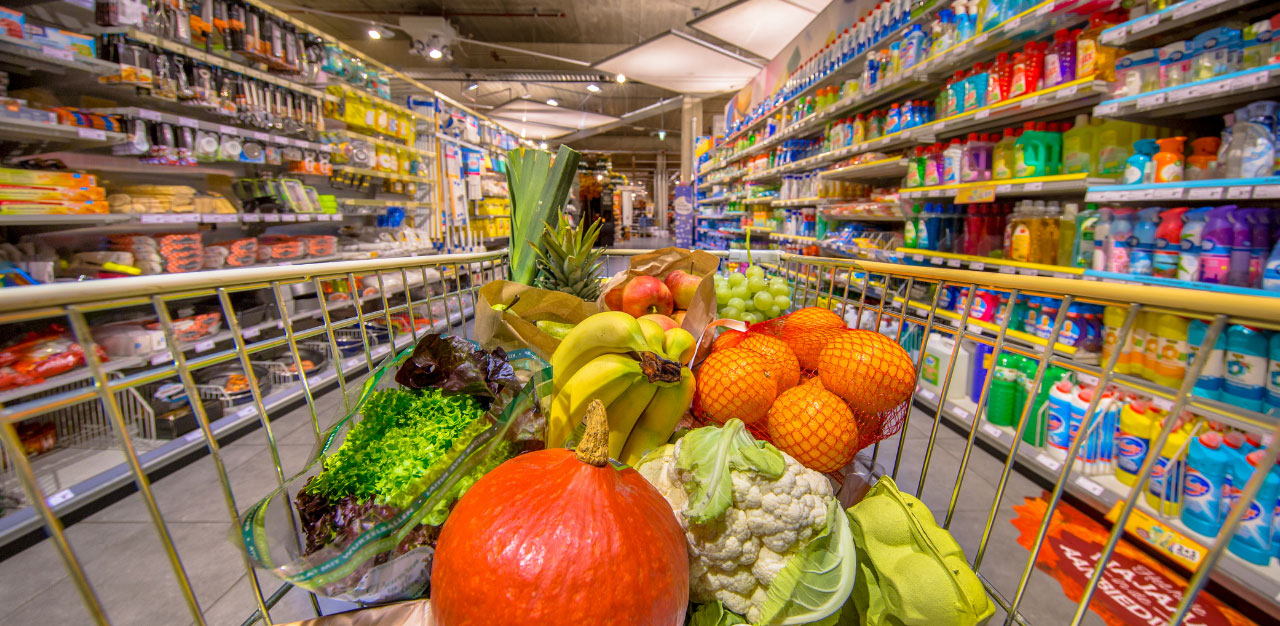
What about democratic participation?
In order to tackle the climate crisis and build a better world, we need to have the space to imagine. We can create this space by fully exercising our democratic rights.
Democracy is defined by people. When power is concentrated by a small few, these individuals will use it to prioritise themselves. This pursuit of selfish interests has resulted in the human-caused climate change we see today. Conversely, we don’t hear from marginalised groups as much as our system amplifies more well-to-do citizens.
Hence, we need to embrace democracy when tackling climate change. We need to remove roadblocks that heavily discourage members of the public from having open discussions. It is also important that the most marginalised communities have a stake in decision-making processes; let them lead the change. Additionally, policy information and statistics need to be transparent and easily accessible.
We hope to see the development of public spaces that are open to communal use and engagement in socio-political discussion. We must recognise that everyone is important and that we are all responsible for our larger communities.
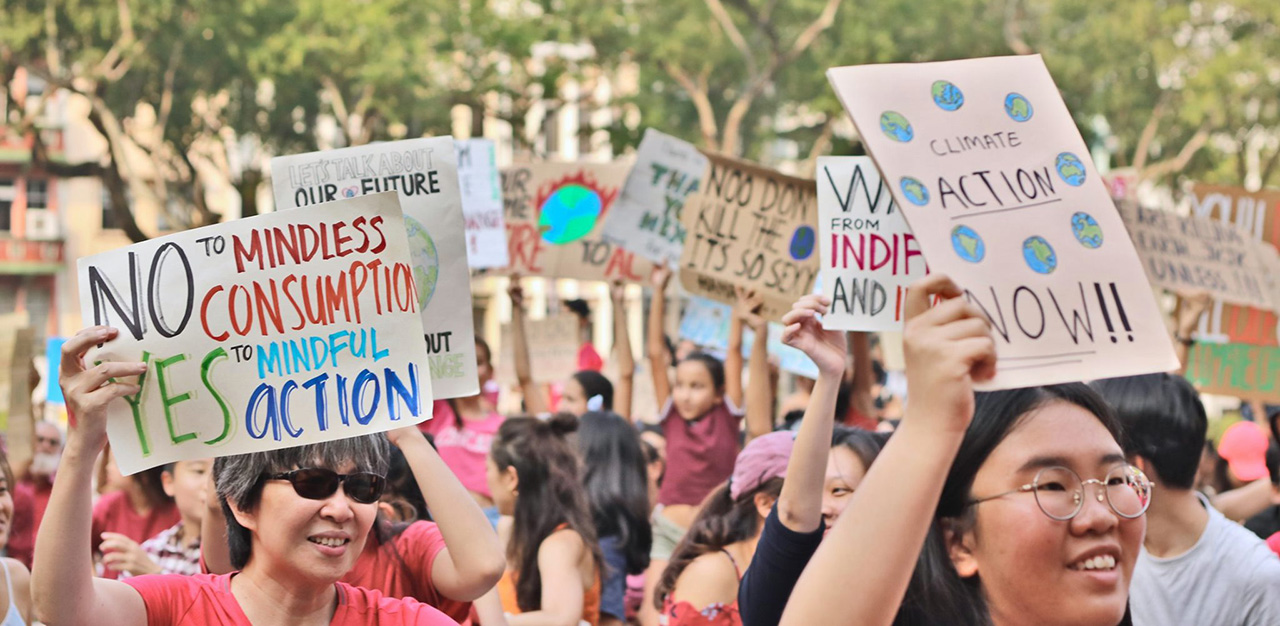
Is ‘green growth’ really possible?
Ultimately, the underlying logic of policy-making continues to be driven by economic growth. This is at odds with science. Climate change is a result of humankind pushing the planet to its ecological limits in pursuit of economic growth. It is highly unlikely that we can continue this growth if we want to avert the crisis.
Is ‘green growth’ truly a pragmatic way of planning for the future? Instead of assessing environmental impact on a piecemeal basis and balancing that against GDP growth, why haven’t we adopted a more holistic set of indicators that measure factors such as our ecological footprint, health and well-being, and socio-economic equality? With careful planning, we could scale down our use of energy and resources in a measured degrowth that will still allow our well-being to improve.
If we dream bigger, we can move beyond the endless rush to succeed, and enter into a new age: One measured by the quality of our lives, the health of our ecosystems, and the strength of our communities, rather than by dollars.
On this day, what will you be standing for?
For a better world,
SG Climate Rally
